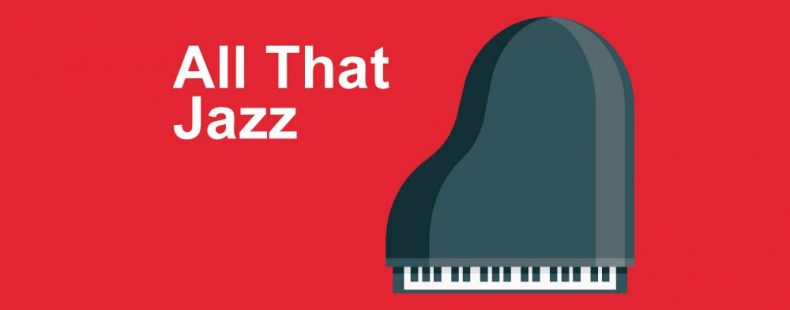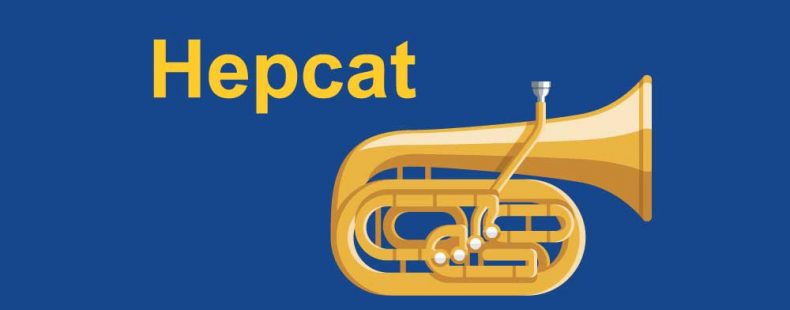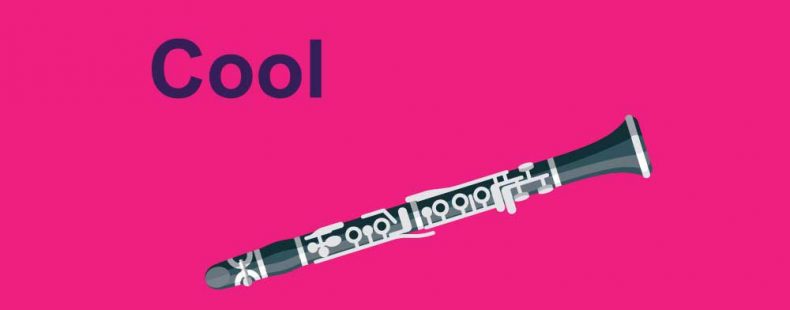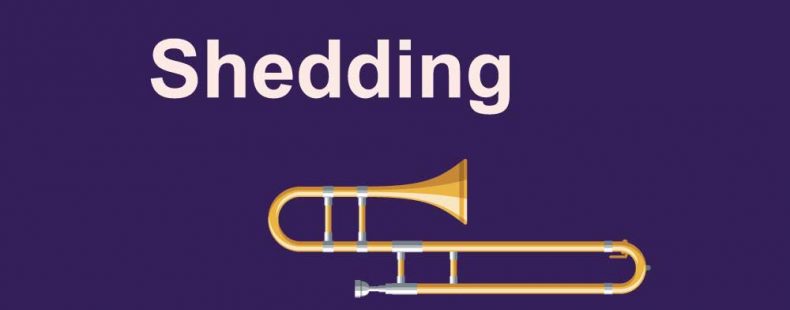jazz
Hey daddy-o, ready to jam out on some hep slang words?
If you have no clue what we just said, fear not. You’re about to learn a whole new language: the language of jazz.
Jazz music is an intrinsic part of US history. This genre came alive in the very early 20th century along the mouth of the Mississippi in New Orleans, and from there, it took on a life of its own. Cultivated and celebrated primarily by Black Americans, jazz was a commentary on the culture of the time that eventually captivated the rest of the country.
The word jazz derives from the 1860s slang word jasm, meaning “energy, vitality, spirit.” However, it first appeared in American English in 1912 as a baseball term meaning “lively, energetic.” By 1915, it had become the label for the genre of music as we know it today. Eventually, jazz took on other slang meanings, including “rubbish, unnecessary talk or ornamentation” in 1918. Jazzy, another form of this majorly versatile word, also indicates a certain flair or panache.
From its roots in blues and ragtime, jazz music now has more than 25 subgenres, including smooth jazz, Dixieland, and Afro-Cuban jazz. Given this level of popularity, it’s only natural that jazz musicians have their own lingo. But did you realize you regularly use some of the jazz words on this list?





















